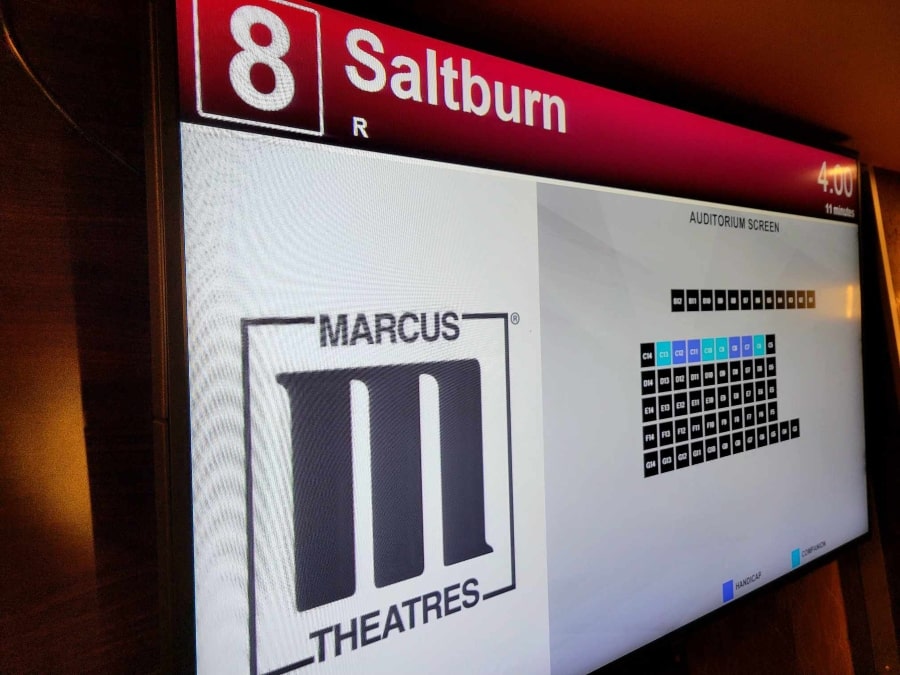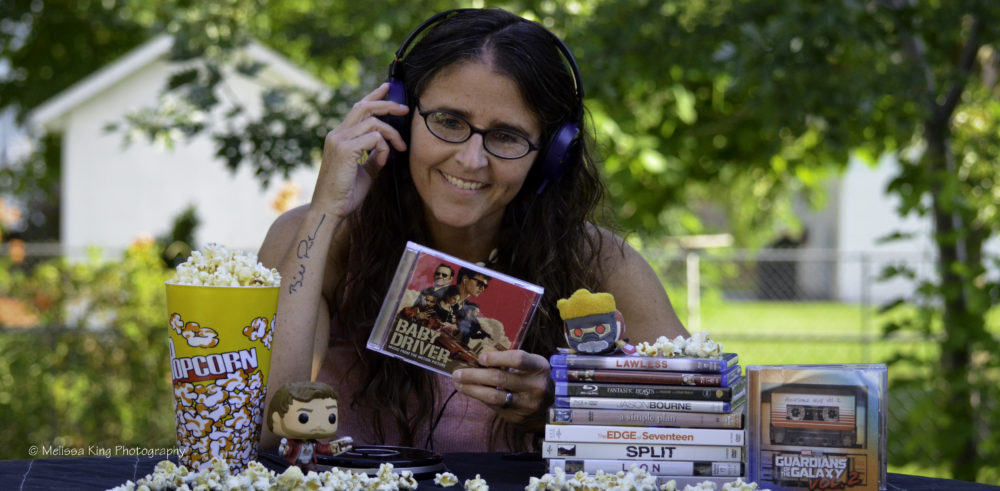This year, the Academy of Motion Picture Arts and Sciences has selected nine titles to duke it out for its Best Picture prize. I once again saw all of them and have some ideas on which title(s) should take home Oscar gold.
Let’s just get to it, shall we? The nominees, in the order in which I saw them, are:
JOKER
What’s the big deal? This haunting tale of Arthur Fleck’s downward spiral into madness is highlighted by that captivating performance from Joaquin Phoenix. Director Todd Phillips’ masterful camerawork helps define this character’s mindset, and the artistic look of “Joker” breaths life into his desolation.
Will it win? No. Superhero – and supervillain – movies have only recently gained recognition as legitimate contenders. But at this point AMPAS would sooner shit a solid gold statuette than award Best Picture to a “comic book movie.”
FORD V FERRARI
What’s the big deal? American automotive designer Carroll Shelby (Matt Damon) and British race car driver Ken Miles (Christian Bale, SNUB) work to build a machine for the Ford Motor Co. that’s capable of taking on Ferrari in the 24 Hours of Le Mans endurance event. “Ford v Ferrari” goes beyond the sport to explore the relationships of its characters and the science behind the designs.
Will it win? Probably not. But Bale should have been recognized for his endearing, playful, and entertaining performance.
ONCE UPON A TIME… IN HOLLYWOOD
What’s the big deal? A 1950s TV Western star (Leonardo DiCaprio, up for Best Actor) and his stunt double (Supporting Actor nominee Brad Pitt) struggle to find big screen success in the late-1960s Hollywood. This fable sprinkles touches of Tinseltown lore among its otherwise outrageous, amusing, and moderately violent narrative. But this is quintessential Quentin, so what do you expect?
Will it win? Maybe. Hollywood LOVES movies about itself, so the title alone gives “Once Upon a Time…” a leg up. Pitt is fantastic and almost surely will take home the Supporting Actor award.
1917
What’s the big deal? Director Sam Mendes tells this stunning and engaging story the only way that makes sense – as one continuous take. Breathtaking and brilliant and told essentially in real time, this one-shot wonder literally follows two young British soldiers on a dangerous mission to deliver a message to the front lines during World War I. And, oh by the way, it’s fucking amazing.
Will it win? Yes. If you’ve seen the film, you know it, too. I don’t need to explain anything.
MARRIAGE STORY
What’s the big deal? This intuitive, honest, and uncomfortable examination of a crumbling marriage will hit you in the feels. Can we just for a second pause and reflect on that visceral shouting match that takes place in Charlie’s living room? My god! Scarlett Johansson, who finally seems comfortable onscreen, and Adam Driver more than deserve their acting nominations.
Will it win? While “Marriage Story” has a strong emotional resonance, I don’t think that’s enough to secure this year’s title. I would, though, love to see Driver steal that Best Actor win from Phoenix.
JOJO RABBIT
What’s the big deal? Absurd humor and whimsical visuals balance weighty issues in this World War II tale that’s saturated with subtle and obvious satire. Jojo (Roman Griffin Davis, who is outstanding and should have been nominated for Best Actor; I don’t care if he’s only 12) discovers a young Jewish girl (Thomasin McKenzie) hiding in his home, causing Jojo to evaluate his loyalty to Hitler’s army. Take notice of the astute correlation between the film’s cheeky vibe and Jojo’s journey.
Will it win? Doubtful. But this is my second favorite film of the nine, so if a dark horse hopeful exists….
THE IRISHMAN
What’s the big deal? (Another) Martin Scorsese mobster flick, starring Robert DeNiro, Joe Pesci, and Al Pacino. I know. Oh, and it’s five days long. I’m exaggerating, but barely.
Will it win? You know, I kind of hope not. I thought “The Irishman” was fine, but I wasn’t blown away (heh). I feel like this nomination stems mainly from the marquee names pinned to the film’s credits.
LITTLE WOMEN
What’s the big deal? Written and thoughtfully directed by Greta Gerwig (SNUB), this stunning adaptation of Louisa May Alcott’s novel chronicles the lives of four sisters, each very different and uniquely determined.
Will it win? I don’t think so, but wouldn’t that be a satisfying “up your ass” for Gerwig? And how about the inspired and powerful performances from Saoirse Ronan and Florence Pugh? Ronan could give Renée Zellweger a run for her Best Actress money. Fingers crossed!
PARASITE
What’s the big deal? What a bizarre mix of genres. Bong Joon Ho intentionally and sensibly intertwines these classifications, and the result is altogether fascinating. I dare you to look away. Filled with layers of symbolism, this flick will occupy your mind long after the credits roll (read this again). Yeah, we’re talking next-level symbolism here.
Will it win? It might, but I think this could be the “Roma” saga revisited. “Parasite” is also nominated for International Feature Film and most likely will take home that prize, leaving the night’s overall Best Picture title up for grabs – and awarded to “1917.” Wink.
And there you have it. But let us not forget: The Academy doesn’t care what I think.
Watch the 92nd Academy Awards on February 9 to see if your top picks take home a top prize.
You have just enjoyed the insights of Movie Addict Mel, a cinema dork and conversational writer. Follow her on Twitter @movieaddictmel, and “like” her Facebook page www.facebook.com/movieaddictmel.



